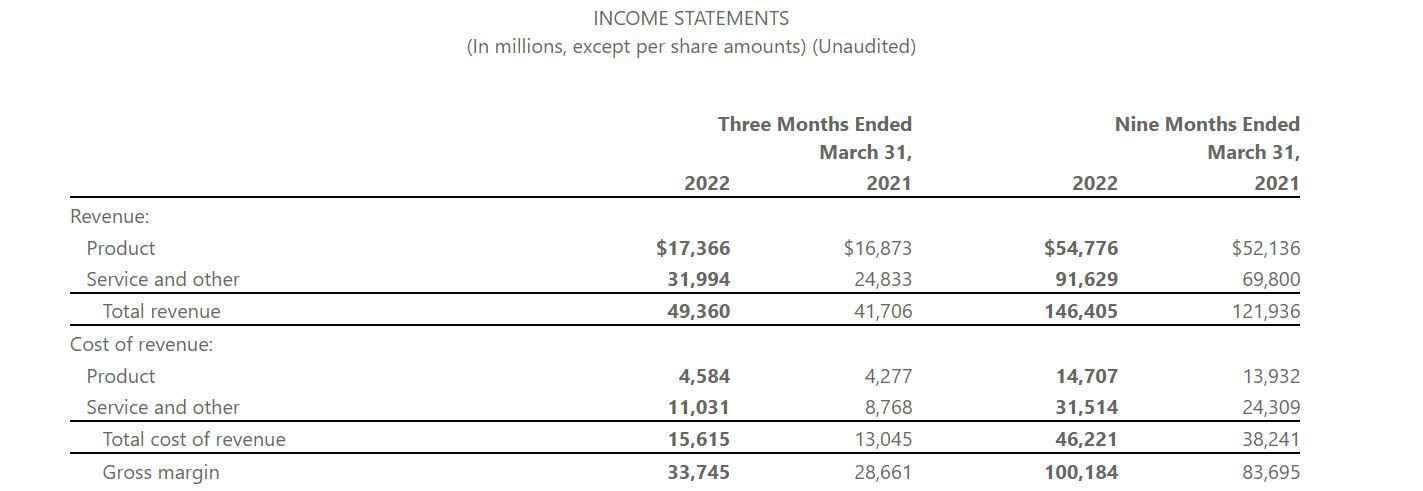

Finance
Mutual Fund Subadvisor Definition
Published: December 28, 2023
Discover the definition of mutual fund subadvisor in the world of finance. Learn how subadvisory relationships work and their impact on investment strategies.
(Many of the links in this article redirect to a specific reviewed product. Your purchase of these products through affiliate links helps to generate commission for LiveWell, at no extra cost. Learn more)
The Definition and Importance of Mutual Fund Subadvisors in Finance
When it comes to navigating the world of finance, it’s essential to understand the different concepts and roles within the industry. One such role that plays a crucial part in managing mutual funds is that of a subadvisor. In this blog post, we will give you a comprehensive overview of what a mutual fund subadvisor is and why their expertise is so important to investors.
Key Takeaways:
- A mutual fund subadvisor is an investment professional or firm hired by the main fund advisor to assist in managing the assets and making investment decisions.
- Subadvisory relationships provide diversification benefits to mutual fund investors and allow for specialized expertise in specific asset classes or investment styles.
So, what exactly is a mutual fund subadvisor? Put simply, a subadvisor is an investment professional or firm that is hired by the main fund advisor to assist in managing the assets of a mutual fund. This collaboration between the main advisor and subadvisor allows for a diversified approach to investing and provides access to specialized expertise in specific asset classes or investment styles.
One key takeaway is that subadvisory relationships bring distinct advantages to mutual fund investors. Here are a couple of reasons why:
- Diversification: By partnering with subadvisors, mutual funds can access a broader range of investment opportunities, spanning different sectors, asset classes, and geographical regions. This diversification can help mitigate risks and enhance potential returns for investors.
- Specialized Expertise: Subadvisors often have in-depth knowledge and experience in specific investment strategies or areas. For example, a mutual fund may hire a subadvisor specializing in emerging markets or healthcare stocks to take advantage of their expertise and insights in those particular sectors.
In essence, the use of a mutual fund subadvisor allows the main advisor to tap into specialized skill sets, expanding the range of investment options available to investors and potentially improving fund performance.
It’s important to note that not all mutual funds employ subadvisors. Some funds may solely rely on the expertise of their in-house investment team. However, for investors seeking diversification and access to specialized expertise, mutual funds with subadvisors can provide a more comprehensive and tailored investment approach.
In conclusion, understanding the role of a mutual fund subadvisor is essential for anyone navigating the world of finance. These experts bring valuable diversification and specialized knowledge to fund management, ultimately benefiting investors. So, the next time you consider investing in a mutual fund, be sure to explore whether it utilizes subadvisory relationships to provide you with a well-rounded investment strategy.














